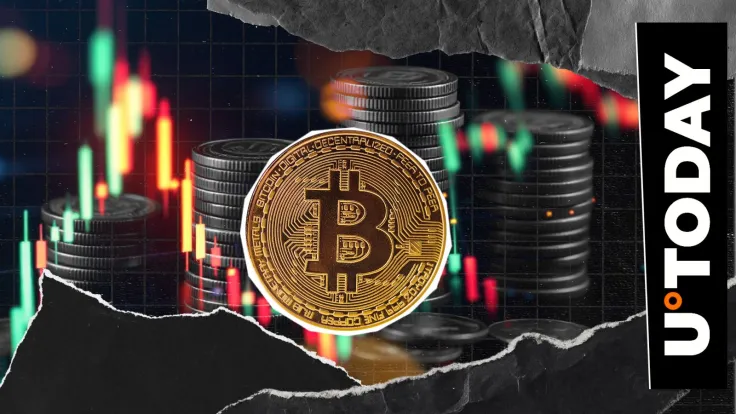White House Memo Accuses Alibaba of Aiding PLA, Company Calls Claims “Nonsense”
TLDRs;
- A White House memo alleges Alibaba supports China’s military with data access and technical capabilities.
- Alibaba denies all claims, insisting it has no links to military or state surveillance operations.
- Allegations come amid broader U.S. efforts to scrutinize Chinese tech companies for national security risks.
- Any formal DoD designation could spark future restrictions and cloud concerns for Alibaba’s global clients.
A newly surfaced White House national security memo has ignited another round of geopolitical friction between Washington and Beijing after alleging that Alibaba Group is providing technical support to the People’s Liberation Army (PLA).
The document, shared with the Financial Times, claims the Chinese tech conglomerate enabled military-related operations targeting U.S. interests. Alibaba, however, has categorically denied every allegation, labeling the memo’s assertions as “complete nonsense.”
The memo alleges that Alibaba granted Chinese state actors access to sensitive customer information, including device IP addresses, Wi-Fi details, payment records, and AI-related services. It also claims that certain employees shared internal knowledge of undisclosed software vulnerabilities that could be exploited for surveillance or cyber-operations. These assertions have not been independently verified, leaving the report’s factual basis in question but fueling broader debates over data governance and national security risks in the U.S.–China tech rivalry.
US Memo Sparks Fresh Tensions
The timing of the memo adds even more weight to its claims. It arrives as U.S. lawmakers intensify scrutiny of Chinese technology companies and push for tougher restrictions on their access to American markets. Several members of Congress have been urging the Biden administration to more aggressively monitor foreign tech firms they believe could have military or intelligence affiliations.
While the memo itself does not impose restrictions, its implications are significant. Analysts note that the key question now is whether the Department of Defense (DoD) will formally place Alibaba under Section 1260H, a designation applied to companies alleged to support China’s military modernization efforts.
Such a listing would not immediately ban U.S. firms from doing business with Alibaba, but it would carry symbolic weight, positioning the e-commerce and cloud giant under the same umbrella as other firms Washington views as potential national security risks.
Alibaba Strongly Rejects Accusations
Alibaba responded swiftly and forcefully to the memo. In a written statement, the company dismissed the allegations as unfounded and “completely detached from reality.”
The tech giant emphasized that it operates independently and adheres to international compliance standards, including data protection and cross-border security frameworks.
The company also criticized what it described as politically motivated attempts to conflate commercial cloud services with military activity, an accusation it has faced several times over the past decade as U.S.–China relations have deteriorated.
Security Concerns Shape Tech Policy
The memo arrives at a sensitive moment, following a recently negotiated U.S.–China agreement to pause new trade restrictions for one year. Despite the temporary truce, Washington has indicated it will continue to examine Chinese tech providers for risks related to data privacy, surveillance capabilities, and supply-chain dependencies.
Experts say the real impact of the memo will hinge on how multiple U.S. agencies respond. The Treasury Department could choose to place Alibaba on its Non-SDN Chinese Military-Industrial Complex (NS-CMIC) list, which limits U.S. investments. The Commerce Department could go further by adding Alibaba or its subsidiaries to the Entity List, restricting American companies from exporting hardware or software to the firm.
Past cases show designations are not guaranteed. Chinese lidar developer Hesai Technology successfully challenged its DoD classification in court. Drone giant DJI is currently fighting its own listing.
The post White House Memo Accuses Alibaba of Aiding PLA, Company Calls Claims “Nonsense” appeared first on CoinCentral.
You May Also Like

Japan’s FSA Reclassifies Crypto, Sets New Tax and Trading Rules

Missed XRP Gains? $MOBU Leads as Next 1000x Crypto of 2025
